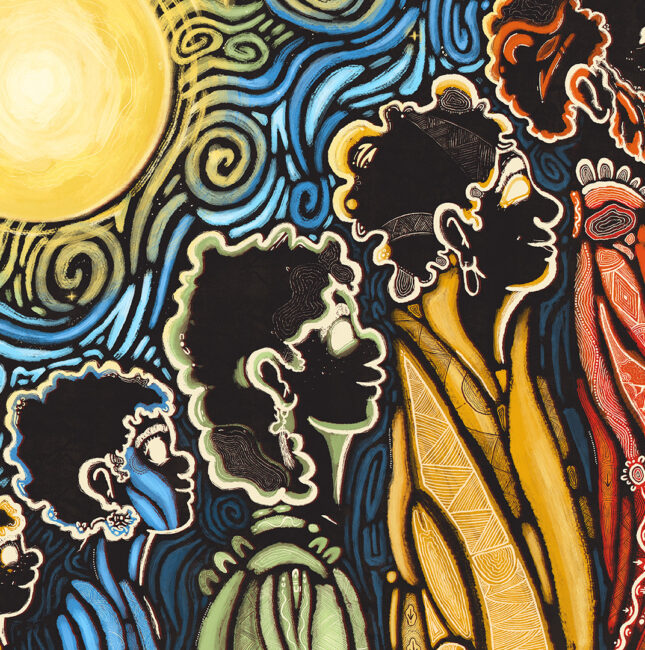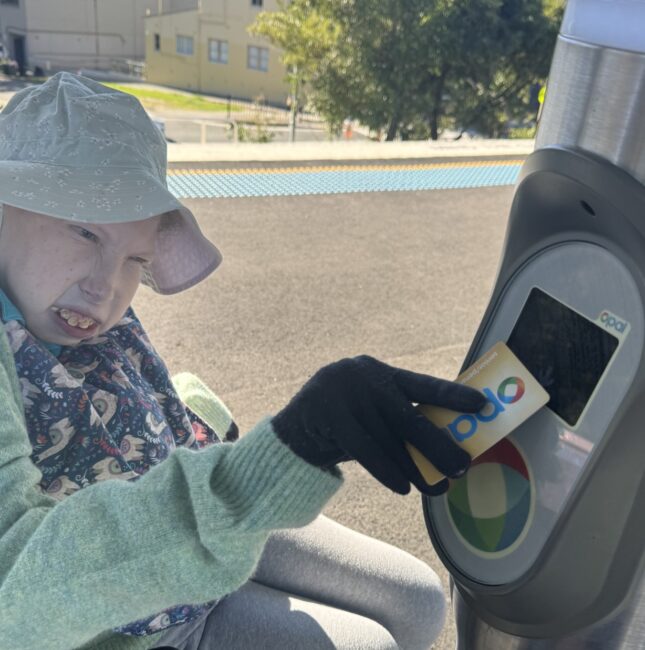The enduring importance of friendship and human connection
July 28, 2020
Human connections are an important part of living a happy and fulfilled life. From short-term interactions to enduring relationships, how we come together as people plays a big role in our mental health and sense of wellbeing. Friendship is about sharing the good times with people you care about and finding much-needed support when times are tough. In today’s uncertain and often troubling world, friendship is more important than ever before.
Your physical and mental condition are the frame and lens that define your entire life story. Positive physical and mental health outcomes are dependent on emotional and social wellbeing along with physical fitness and absence of disease. Friendship has an important role to play in this context. Not only does friendship expand our horizons and provide us with new opportunities, but it also has a positive effect on our physical and mental health.
Studies highlight the importance of friendship
According to a number of studies, friendship can help people fight illness, slow the ageing process, and promote a long and happy life. In a 10-year study into older Australians published in the Journal of Epidemiology and Community Health, people with a large circle of friends were 22 per cent less likely to die during the study period than those with fewer friends. Multiple studies have looked into the links between social support and specific physical risk factors, including one study published in the Annals of Behavioral Medicine that linked friendship to lower pulse rates and blood pressure.
Friendship also plays a crucial role in mental health outcomes, with people less likely to experience anxiety, depression, and other serious mental health challenges when they have positive enduring friendships. In a 2009 study published in the Journal of the National Medical Association, 300 men and women were surveyed at a free health clinic in New York. Over the study period, people with insufficient perceived friendships and social support networks were found to be the most likely to suffer from mental health disorders.
The links between physical, mental, and emotional health often involve complex feedback networks between biological and psychological systems. As it turns out, friendship helps many of these networks to flourish, as it inspires physical activity, memory formation, cognitive abilities, and general feelings of well-being. A Harvard study found positive links between social ties and brain health as people age, with healthy brain function associated with increased emotional resilience and reduced stress.
Connection through friendship
Anxiety and depression are serious disorders that affect millions of people around the world. Like many other mental health conditions, these disorders involve feelings of imbalance and disconnection with the wider world. Friendships help us to connect and grow as humans as we see the world through a larger and always evolving frame. While many relationships require hard work and some friendships can be challenging, the very act of connection helps to inspire positive life outcomes.
Friendships are important for all people and every life situation. While relationships are often seen as a reward during the good times, social support systems are even more important when times are tough.
Today we mark International Friendship Day. Take a moment to check in with a friend or reflect on the wonderful friendships in your life.
Image credit: @timmossholder on Unsplash
More news stories like this one
NAIDOC Week 2025 – The Next Generation
CatholicCare is proud to celebrate NAIDOC Week y amplifying the voices, stories, and aspirations of Aboriginal & Torres Strait Islander people. This year’s celebrations are all about empowering the next generation of leaders - our young people who carry culture forward with pride, resilience and hope.
Read MoreTrain adventures give participants choice & control
When participants and their parents have their voices heard, wonderful things can happen. The words ‘choice and control’ are bandied about a lot in the disability space, but this story shows how crucial they are to a person’s wellbeing and happiness.
Read MoreDavika emerges from a web of violence
As they grew up, the two friends went their separate ways. Davika had settled into life as a single mum in India, and Priyanka had moved to Australia to marry an Australian man. Life, as Davika knew it, changed forever when Priyanka returned to India for a holiday with her husband and her husband’s Australian brother, Steve.
Read More


